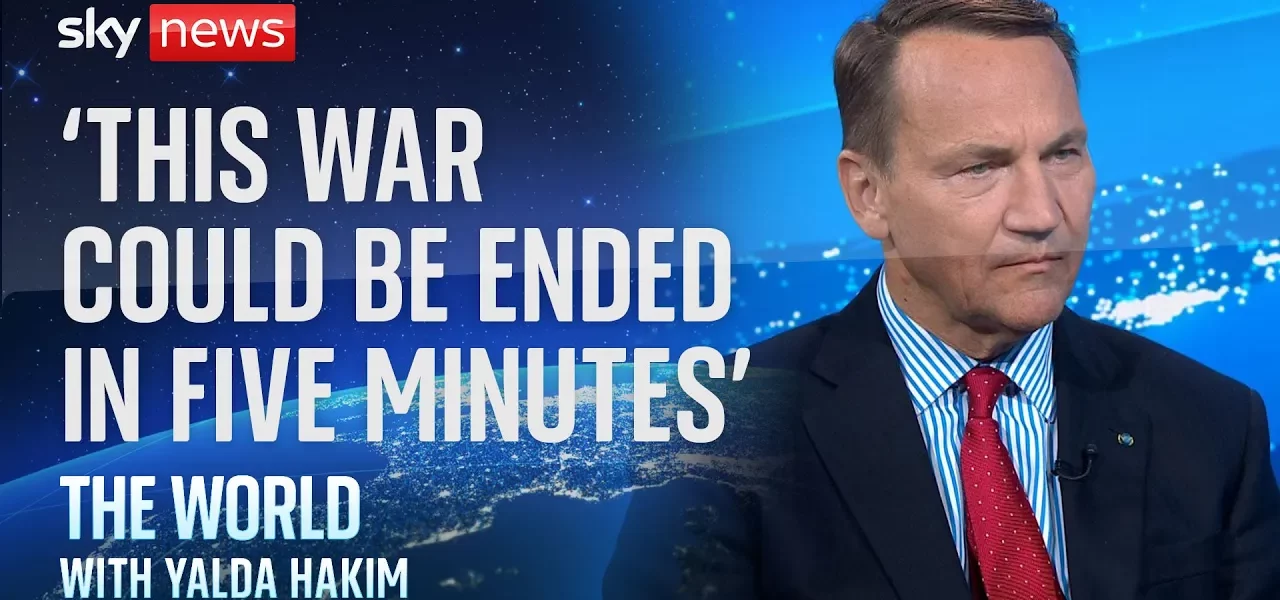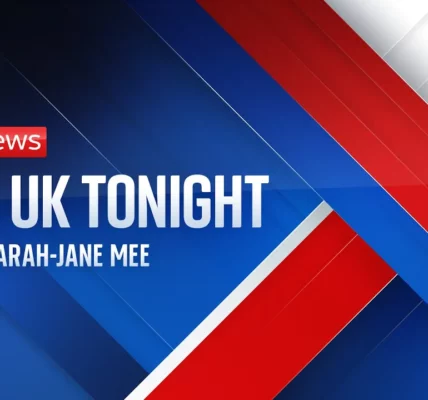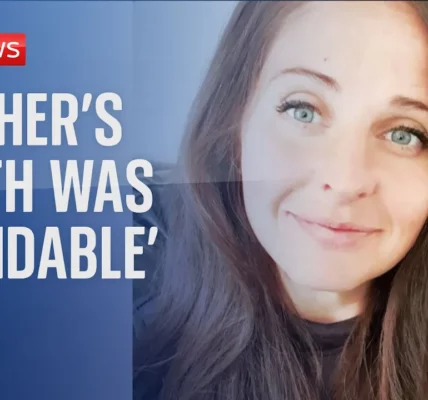Insights on the Ukraine Conflict from Polish Foreign Minister

This article provides a comprehensive analysis of the statements made by the Polish Foreign Minister regarding the ongoing conflict in Ukraine, the implications of international law, and the roles of various nations in this complex geopolitical landscape.
Introduction
The conflict in Ukraine has drawn significant international attention, with discussions surrounding territorial integrity and the principles of international law taking center stage. Recently, remarks by Ukrainian President Volodymyr Zelensky regarding the Western Russian region of Kush have ignited debates about the sustainability of current positions held by Ukraine and its adversaries. This article delves into the perspectives shared by the Polish Foreign Minister, offering insights into the broader implications of this conflict and the international community’s response.
Current Situation in Ukraine
The ongoing military conflict in Ukraine has seen significant developments, particularly with President Zelensky’s declaration of no plans to withdraw from contested territories. This section explores the current landscape of the conflict.
Ukraine’s Defensive Stance
International law supports the right of nations to defend themselves against aggression. The Polish Foreign Minister emphasized that Ukraine’s incursion into Russian territory is a rightful act of self-defense. Key points include:
- Ukraine’s commitment to maintaining its sovereignty.
- The psychological impact of Ukrainian military actions on Russian morale.
- The fluctuating dynamics of warfare, where neither side can claim consistent dominance.
Recent Military Developments
Ukraine has had notable successes, such as:
- Winning the Battle of the Black Sea.
- Resuming grain exports via the Bosphorus, indicating strategic resilience.
The Role of International Community
The international community has a pivotal role in shaping the outcome of the conflict. The Polish Foreign Minister highlighted various aspects of global support for Ukraine.
International Support for Ukraine
Countries like the United States, the United Kingdom, and Poland have provided substantial assistance:
- Over $90 billion in military aid from the United States.
- Support from the European Union amounting to approximately $120 billion.
- Poland’s ongoing assistance, totaling about 4 billion euros.
Poland’s Unique Position
Poland’s geographical proximity to Ukraine and historical experiences with Russian aggression shape its perspective:
- Strong public support for Ukraine among Polish citizens.
- Political unity across parties regarding the threat posed by Russia.
The Future of the Conflict
Looking ahead, various scenarios could unfold based on military and political developments.
The Endgame for Ukraine
The Polish Foreign Minister proposed that the resolution of the conflict hinges on Russia’s decision-making:
- Russia must recognize the unsustainable nature of its expansionist ambitions.
- The potential for a quick resolution exists if Russia withdraws, but this remains unlikely.
Implications for Global Security
The conflict poses significant risks to international stability, especially if Russia continues its aggressive stance:
- The possibility of a shift in U.S. foreign policy could alter support dynamics.
- Escalation of conflict could have broader implications for NATO and European security.
Conclusion
The statements made by the Polish Foreign Minister shed light on the complexities of the Ukraine conflict, emphasizing the importance of international law and collective action against aggression. As the situation evolves, it is crucial for the international community to remain steadfast in its support for Ukraine, ensuring that territorial integrity is upheld. The ongoing conflict serves as a stark reminder of the need for diplomacy and adherence to international norms. We encourage readers to stay informed on this critical issue and consider the impact of global politics on local conflicts.
“`




